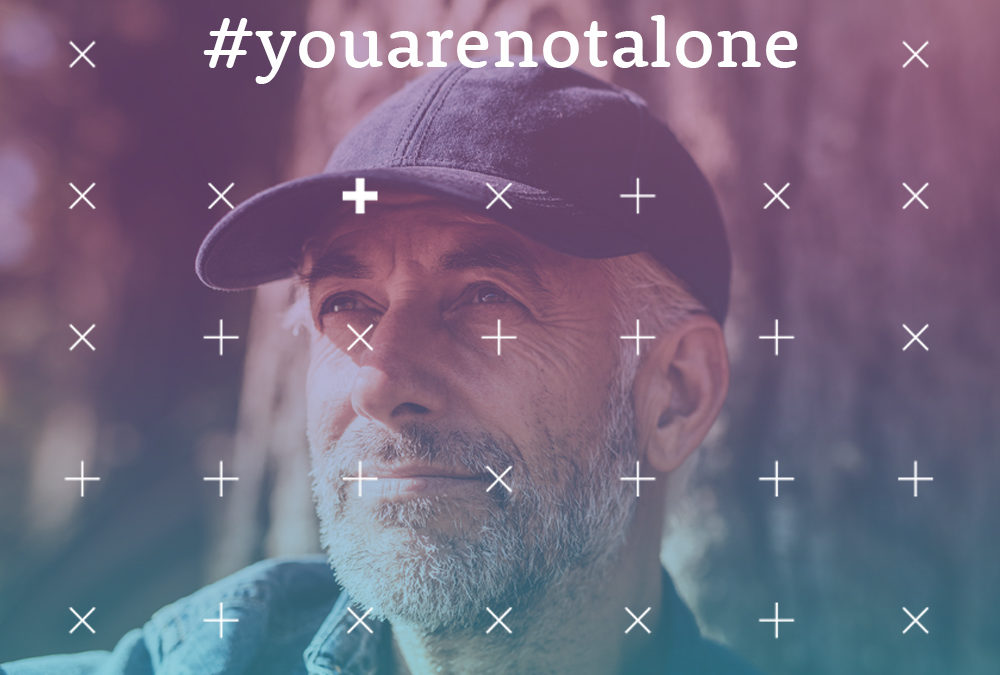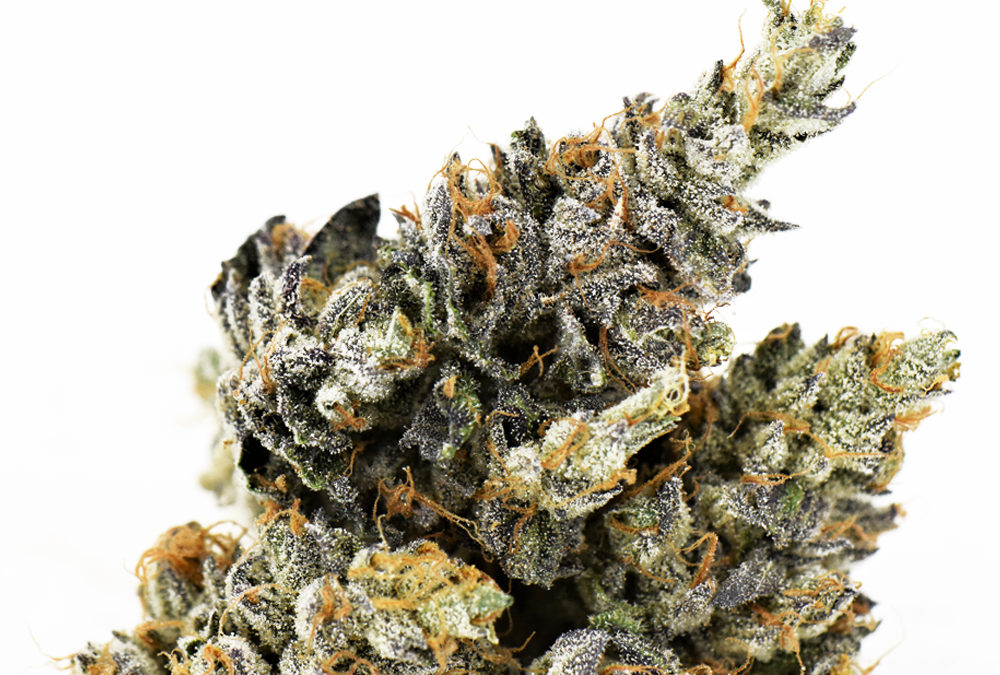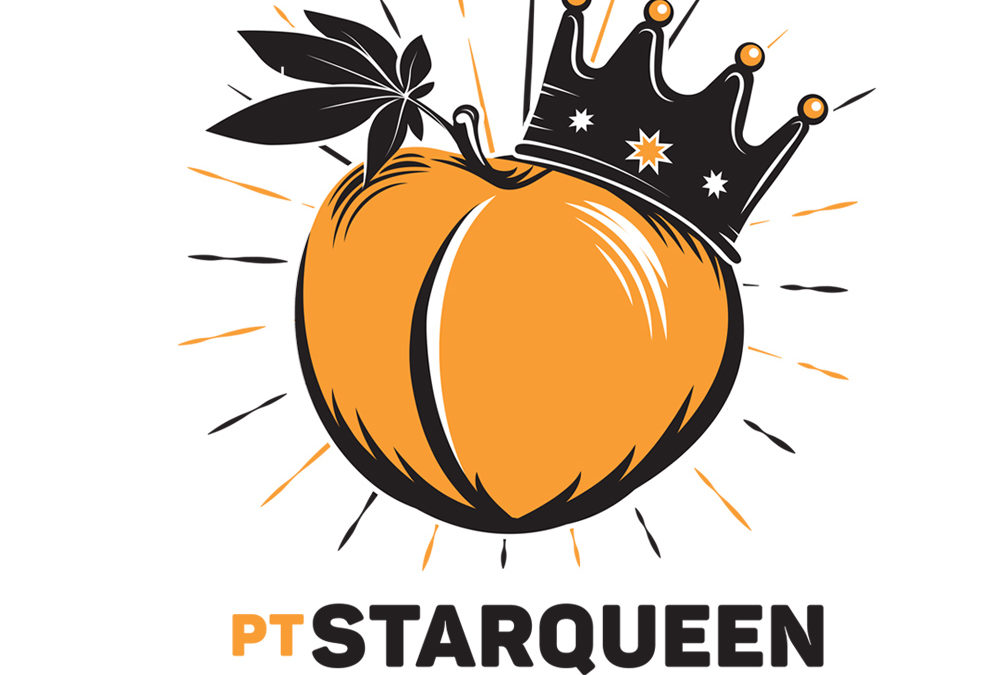Since it was signed into law in April 2016, the Commonwealth’s Medical Marijuana Program has grown rapidly, with more than 580,000 patients and caregivers and 119 operational dispensaries participating in the program today. Our new monthly newsletter series, the Prospective Patient Perspective, will offer educational information for program newcomers to help demystify the available medical marijuana products in the market. It’s our hope that this resource will benefit all qualified patients, at any knowledge level.
June is Post Traumatic Stress Disorder (PTSD) awareness month, a time of advocacy for all patients living with this qualifying condition. PTSD is a diagnosis that can hit anyone – whether veterans or survivors of sexual assault, serious accidents, natural disasters, or other traumatic events – that may impact a survivor’s daily quality of life even after the trauma has ended.
Read on to meet hypothetical patient “Nat” and learn about his options for potentially alleviating PTSD symptoms with medical marijuana.
Meet Nat: Nat feels most centered when he is in his darkroom developing new prints. A full-time photographer, the dark room allows Nat to leave his worries at the door and fully embrace his creative side. The detail-oriented process helps him settle into a mindful state where he feels calm and focused on his work. Art has remained Nat’s favorite outlet for self-expression since he was young, but his creative practice became truly life-saving after the accident.
Nat is among the over 8% of Americans living with PTSD today, a condition he developed after a severe car accident left him hospitalized. The Mayo Clinic defines PTSD as “a mental health condition that’s triggered by a terrifying event — either experiencing it or witnessing it.”
Nat has been physically rehabilitated from his bodily injuries, but the trauma of the life-threatening crash still affects his mental health. Sights and sounds of daily life, such as a honking car or a passing ambulance, can trigger panic attacks. Nightmares of being immobilized behind the wheel can disrupt Nat’s rest, sometimes leading him to avoid sleep altogether. When re-living the accident in his head, Nat struggles to feel present and socially connected to his loved ones.
Living with the physical and emotional impacts of trauma can feel isolating. Fortunately, Nat’s PTSD diagnosis qualifies him for patient certification in the Commonwealth medical marijuana community. He hopes that his medical marijuana card will connect him to fellow patients with similar experiences and help him find relief.
Meeting Nat’s Dispensary: After the accident, driving can sometimes trigger negative emotions and panic for Nat. Making trips to his local dispensary may feel more burdensome than the average errand.
To make medication more accessible for all Commonwealth residents living with a qualifying condition, the Pennsylvania Medical Marijuana Program allows any certified patient to designate up to two caregivers who may retrieve medication on their behalf. On days when a dispensary visit feels overwhelming, Nat can rely on his designated caregiver(s) to pick up his medication.
According to Department of Health regulations, any person of at least 21 years of age, who can complete a criminal background check may serve as a medical marijuana caregiver. Those interested in registering as a caregiver must follow a few simple steps, including supplying a valid form of state ID, the patient’s name and date of birth, and the patient’s ID number.
Meeting Nat’s Medical Needs: Because the symptoms of PTSD may affect Nat in a variety of ways, his medication needs may also differ from day to day. For this reason, he may want to consult the pharmacist or Patient Care Consultant (PCC) at his local dispensary to determine which products may benefit his unique medical needs.
Terpenes – aromatic compounds in medical marijuana that may work with THC and CBD to produce a medicinal effect – can be a helpful starting point for Nat to identify how a product may potentially make him feel. Terpenes like linalool and limonene, which are respectively found in lavender and lemons, have the potential to elevate moods. Caryophyllene, a spicy terpene found in pepper, has also demonstrated a potentially anxiolytic or anxiety-reducing effect in studies. Each of these terpenes can be found in our prime strains of premium whole flower Chem de la Chem #2 and Florthern Lights Haze #11.
For more information on our prime-grown products, follow our Instagram at prime.wellness.


